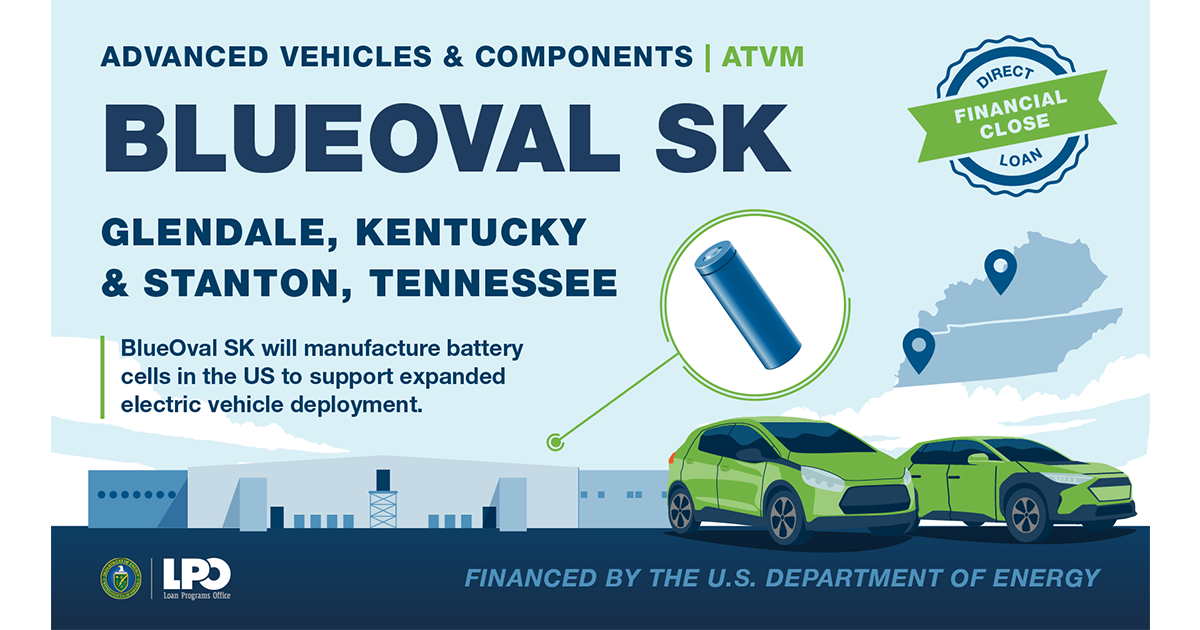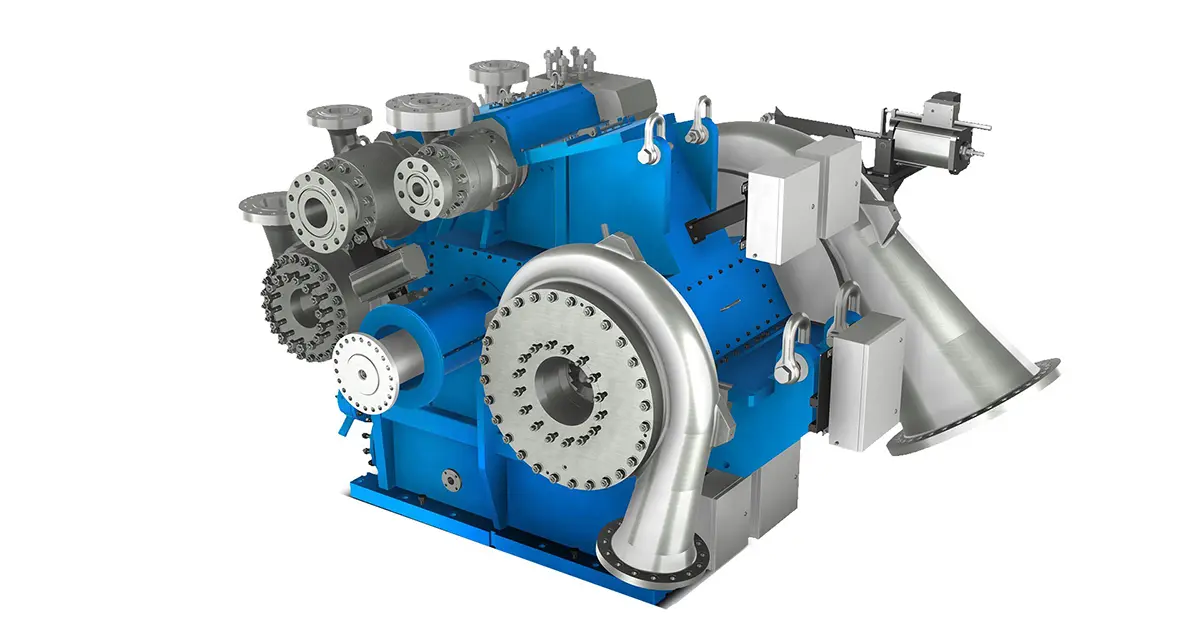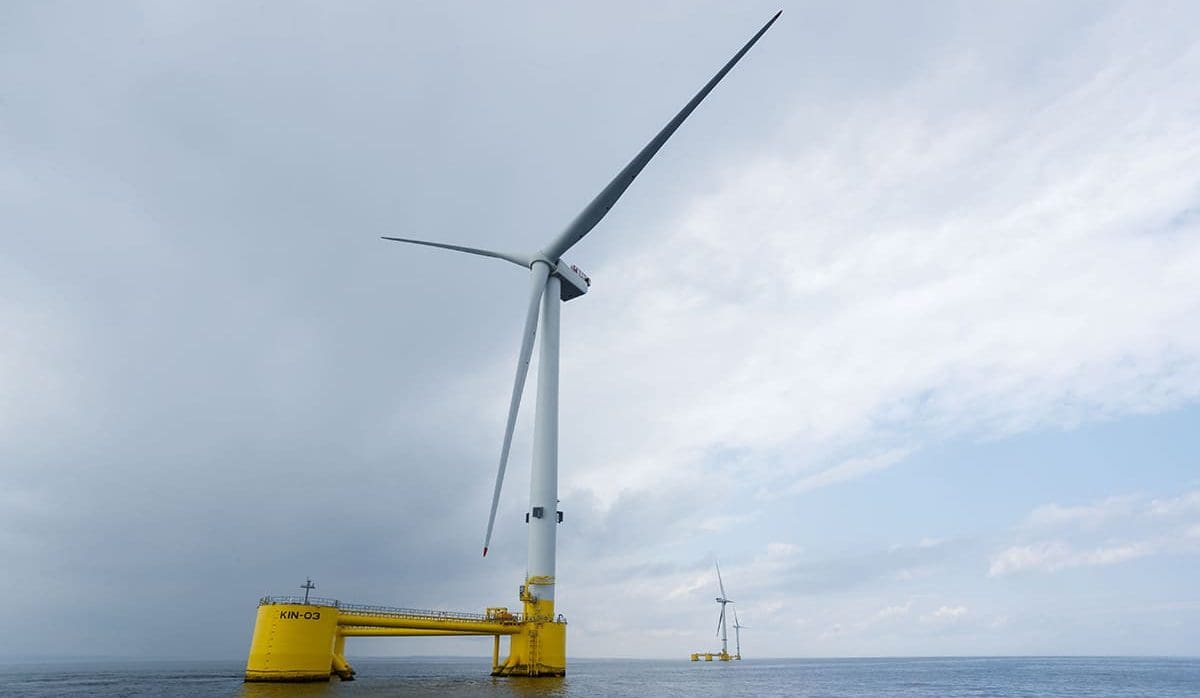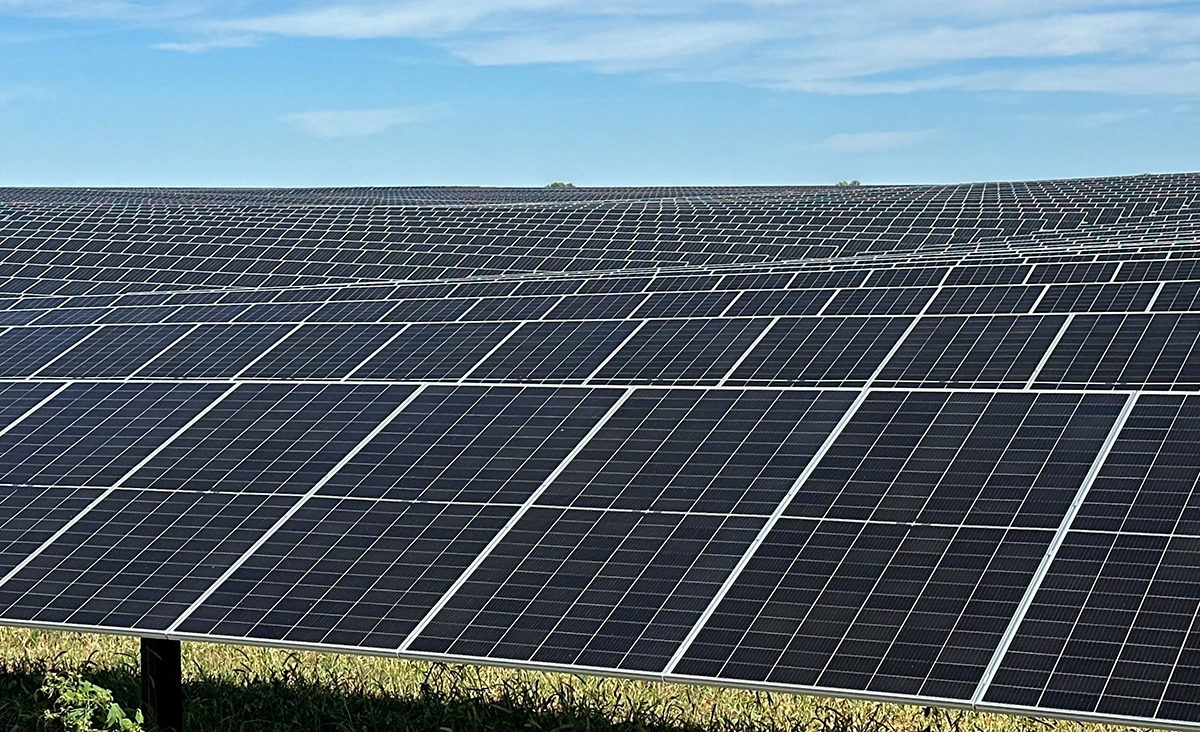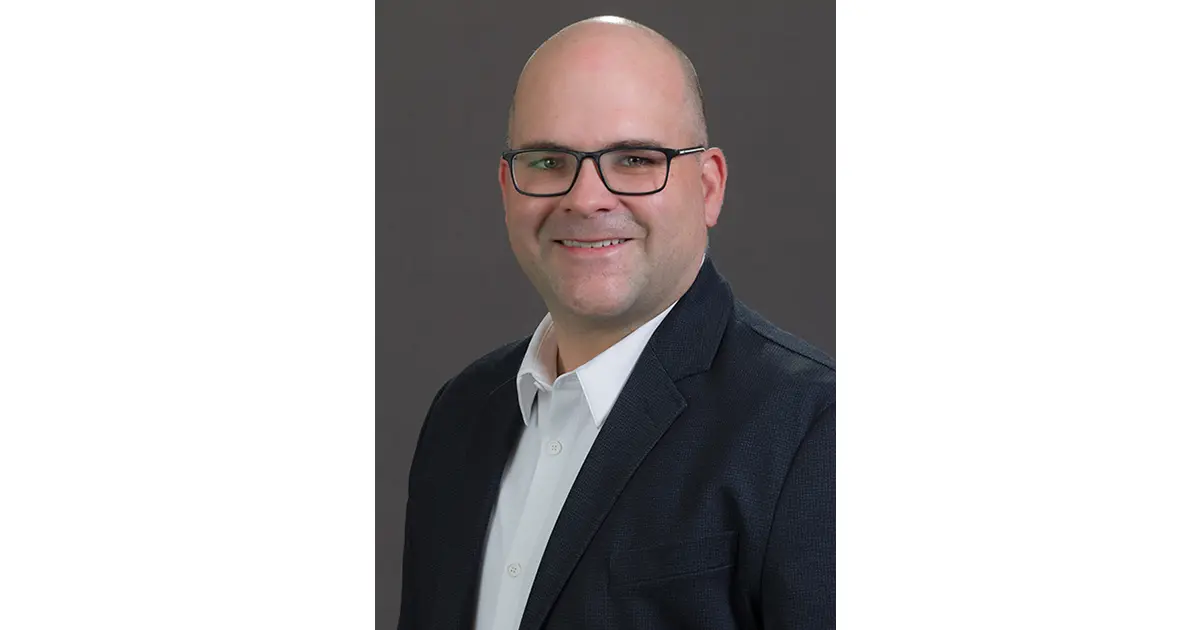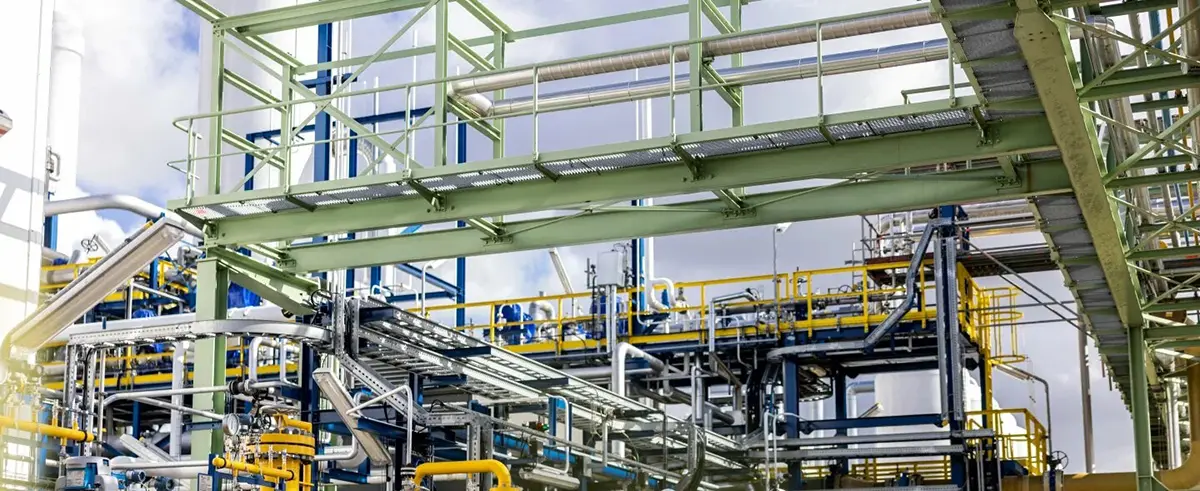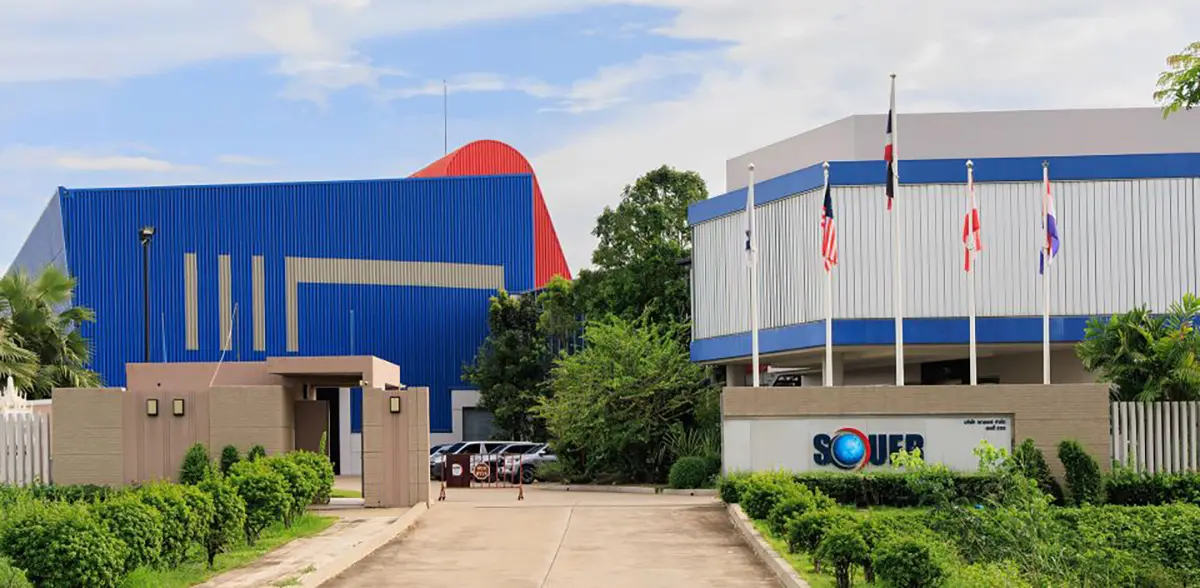
Cooper Integral Engine-Compressor Burns 30% Hydrogen By Volume
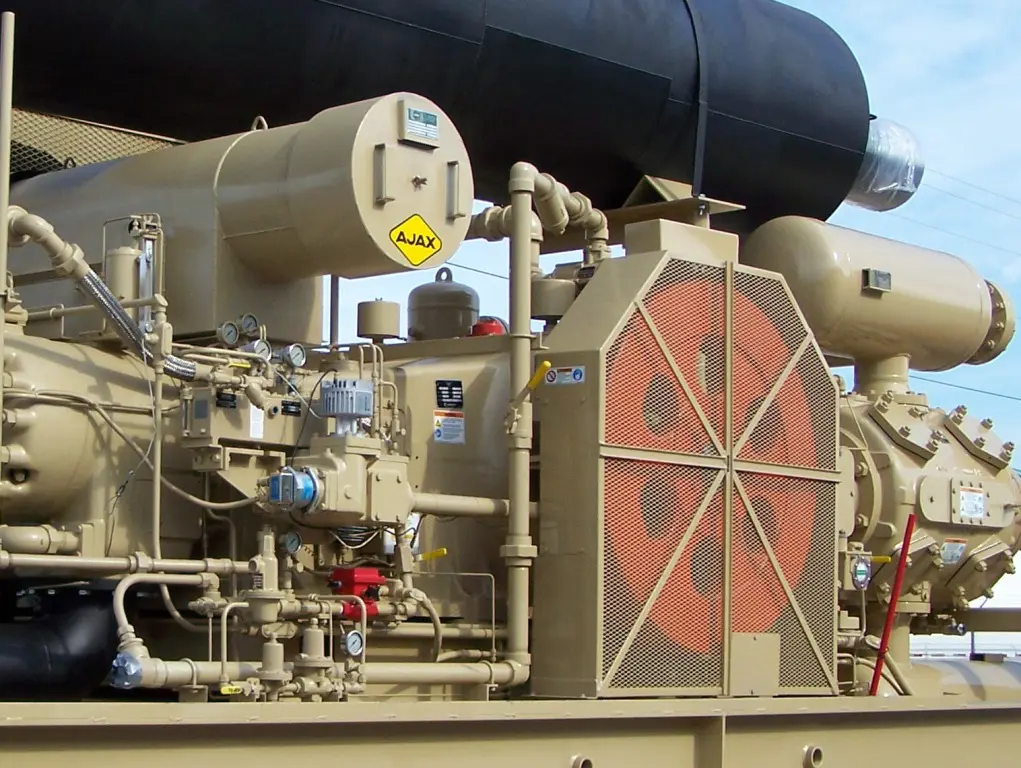
Cooper Machinery Services (Cooper), a portfolio company of Arcline Investment Management, successfully tested a slow-speed integral engine-compressor (integral) running on a hydrogen (H2) fuel blend of 30% hydrogen and 70% natural gas by volume. The achievement comes 10 months after the announcement of Cooper’s joint hydrogen research project with a major US gas pipeline company to demonstrate the safe operating range of H2 blends in large-bore internal combustion engines.
In March, Cooper successfully tested a slow-speed integral running on a hydrogen-natural gas fuel blend. The research project demonstrated the safe operating range of H2 blends in large-bore internal combustion engines. By hitting its initial target on time, Cooper showed that the company is serious about incorporating emission reductions efforts and promoting environmental, social, and governance (ESG) measures throughout its business units. At the time, Cooper CEO John Sargent noted that Cooper achieved significant reductions of methane emissions in the exhaust, while also foreshadowing that Cooper would soon be running blends of 30% hydrogen by volume (see “Cooper Shifts ESG Push Into High Gear,” Q1 2022 ESG Review, p. 10).
Cooper’s initial March test was conducted using a slow-speed integral engine test cell at its corporate headquarters in Houston. The test engine was a standard 2-stroke AJAX 2802 with a 15-in. (38.1-cm) piston bore, 16-in. (40.6-cm) power stroke, and a speed range of 360 to 440 RPM. Cooper selected the AJAX engine due to the similarities of its combustion system to that of the large fleet of the other engine brands the company services such as Cooper-Bessemer, Clark, Enterprise, Ingersoll Rand, Superior, and Worthington. Cooper is the original equipment manufacturer (OEM) and supplier of parts and after-sales services and emissions reductions technologies to a large installed base of engine-compressor brands. Cooper’s OEM brands include AJAX, Cooper-Bessemer, CSI, Enterprise, Gemini, Superior, TSI, and TXC. Cooper is also a major supplier of after-sales support for non-Cooper engine-compressor brands such as Clark, Caterpillar G3600 engines, Ingersoll Rand, Waukesha VHP engines, and Worthington.
Hydrogen Test Update
Between March and late August, Cooper engineers continued testing increasingly higher H2 concentrations. The results exceeded what the team thought it would have been able to achieve in such a short amount of time. “Cooper’s hydrogen development has progressed beyond expectations,” said Sargent. “Traditional thinking was that engines in our industry could potentially operate with a hydrogen blend containing up to 15% H2. To achieve 30% in a slow-speed integral engine-compressor with a corresponding reduction in methane is a major achievement for Cooper and the industry overall.”
The latest Cooper test was conducted at the company’s slow-speed integral engine test cell in Houston. The test engine, the AJAX 2802, remains the same from the prior tests. Cooper selected the AJAX engine due to the similarities of its combustion system to that of the large fleet of the other engine brands the company services, such as Clark, Cooper-Bessemer, Ingersoll Rand, and Worthington.
Cooper’s ESG Strategy
Given that Cooper’s sphere of influence includes a massive installed base of engine-compressor brands, as well as the sale of new equipment, machinery, parts, and after-sales services, it stands to reason that the company can play a key role in reducing emissions from existing and new equipment. Cooper sees itself as a leader in emissions reductions and is developing new products and providing necessary services to turn that vision into a reality (see “Cooper Shifts ESG Push Into High Gear,” First Quarter 2022 ESG Review, p. 10).

Over the years, Cooper has eliminated more than 3.5 million tons (3.18 million tonnes) of NOx using its CleanBurn technology while also reducing total hydrocarbons. Cooper has manufactured nearly 900 new engines with CleanBurn technology and developed cleaner technology for its integrals. It’s a good accomplishment, but Cooper is cranking its ESG investments up a notch.
Cooper has launched multiple initiatives to reduce or eliminate hazardous material in the manufacturing process for some of its most important product lines: power cylinders, piston rings, and power pistons. The company has developed new hard iron plating, plasma-sprayed power rings that eliminate chrome, and dual-coated power pistons that eliminate tin. According to Cooper, the elimination of chrome and tin in these processes reduces the use of toxic acid baths, hazardous byproducts, and other pollution risks.
Hydrogen’s Role In Cooper’s ESG Strategy
Hydrogen has grown to become a pivotal part of Cooper’s long-term ESG strategy. “We continue to work with our customer base to expand the use of hydrogen in all of the engines we serve, including Cooper Bessemer, AJAX, Superior, and non-Cooper brands such as Clark, Worthington, and Ingersoll Rand,” said Matt Forcey, CMO of Cooper Machinery Services. “As our customers’ ability to burn hydrogen grows, we want to be ready.”
Hydrogen investments continue to gain traction around the world. The Hydrogen Strategy For Canada sees hydrogen making up 6% of Canada’s end energy use by 2030 and up to 30% by 2050. The recently announced Canada-Germany Hydrogen Alliance aligns policy, develops secure supply chains, and opens a transatlantic Canada-Germany supply corridor that will set the stage for the export of clean hydrogen by 2025. Countries around the world are ramping hydrogen investments in an effort to decarbonize existing infrastructure. The burgeoning hydrogen economy requires a mix of hydrogen export capacity, as well as machinery that can run on hydrogen to achieve environmental benefits and spur economic growth. “We’re well ahead of the game compared to other suppliers and OEMs in our industry,” said Forcey. “Cooper has invested heavily in hydrogen and other ESG-related products, and our success with the AJAX hydrogen program is well ahead of plan. We have also worked with multiple Cooper-Bessemer owners, including Southern Star Energy Inc., who are currently operating large bore slow-speed engines that run on hydrogen.”
Hydrogen has emerged as one of the biggest growth drivers in the gas compression industry. The demand for hydrogen compression means new innovations, job creation, and investment opportunities. “The biggest advantage of hydrogen is that it could help customers avoid the massive cost of retiring legacy horsepower once emissions regulations kick in,” said Forcey. “Upgrading an existing piece of iron is 10- or 20-times less expensive than overall replacement.”
Cooper hinted that its testing will soon translate to real results in the field as the hydrogen economy takes form. Cooper believes that its customers will benefit from hydrogen integration as it translates to better ESG scores, emissions compliance, and helps companies avoid expenses related to replacing existing machinery and equipment. “Hydrogen advancement, along with the development of a variety of new ESG products, is part of our core strategy,” said Forcey. “Cooper has more than 50 engineers on staff, far more than anyone else in our space, who wake up every day thinking about fuel efficiency and emissions reductions. Hydrogen advancement is a top priority of ours and we have invested in people and innovation to lead the industry forward.”

Legacy Roots, New Horizons
Copper’s history dates back to 1833, where the company got its start in the steam engine and wartime propulsion business, gradually establishing a portfolio of recognizable engine and compressor brands. Cooper’s ESG initiatives illustrate the ways in which a legacy company can build upon past experiences and achievements to spearhead a prevailing role in new industries. “We like to talk about the past a bit as our company has such an interesting history that’s nearly 200 years old,” said Forcey. “But our focus is forward leaning. We want to continue to grow Cooper and make it an example for ESG product development, product line expansions, and growth. Hydrogen is a central tenant of our ESG program. Along with CleanBurn Plus that reduces fuel, emissions, and the need to purchase new equipment, our hydrogen strategy is a key element of our ESG strategy.”

